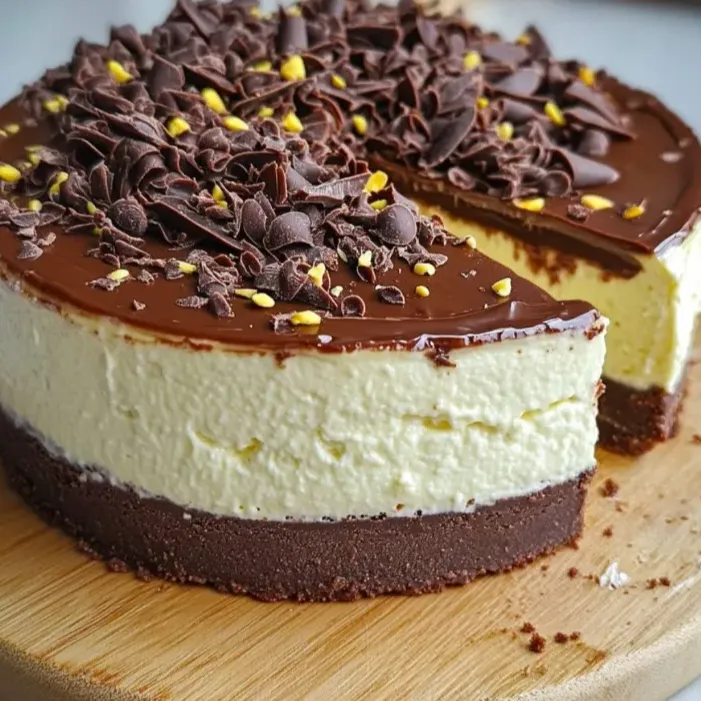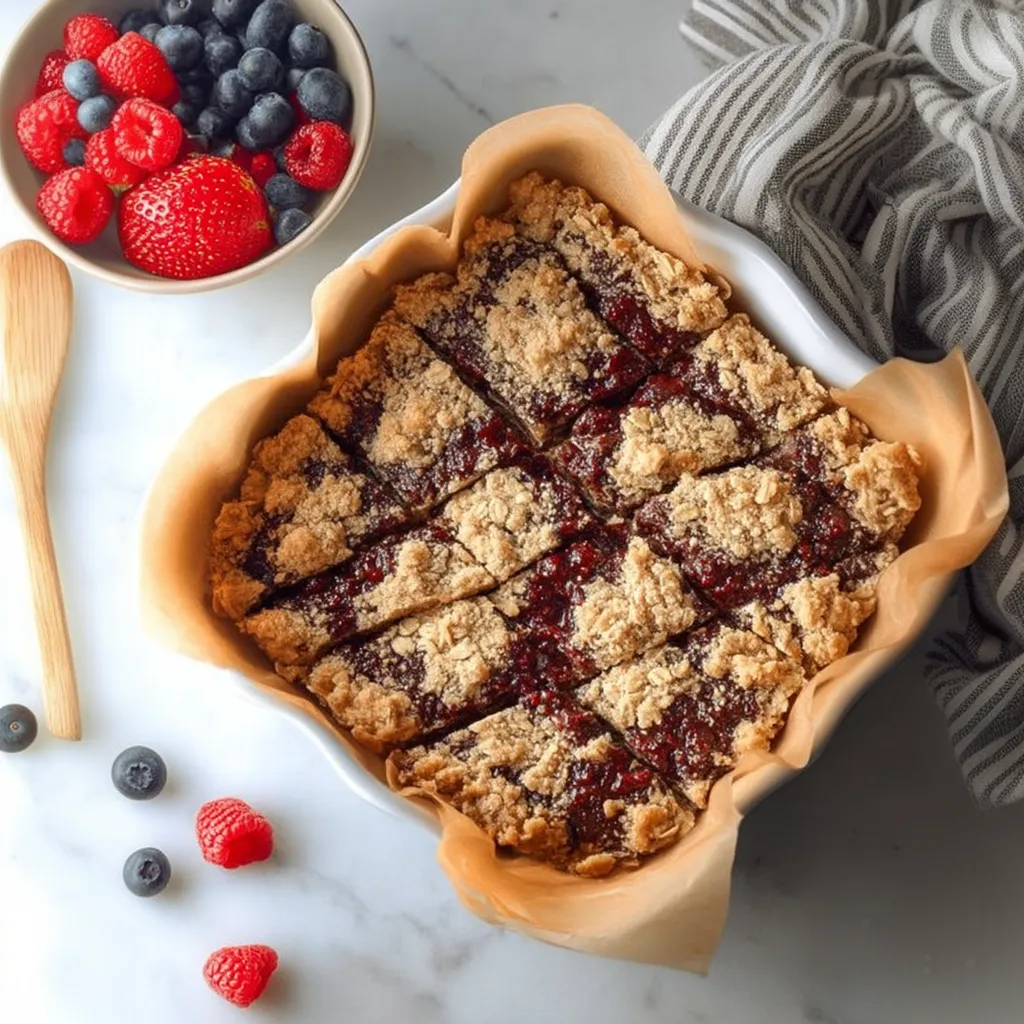Proste przepisy dla całej rodziny
Witaj na Smaki Grace 👩🍳! Łatwa i szybka kuchnia dla każdego domownika. Zero stresu: proste przepisy, składniki łatwe do zdobycia i przyjemność zjedzenia domowego posiłku bez dużych wydatków. Koktajle, makaroniki, omlety, frytki, tadżiny, kuskus... Niezależnie od tego, czy korzystasz z Thermomixa, czy gotujesz ręcznie, Smaki Grace ułatwia każdy Twój kulinarny dzień!
 Czekoladowo-Bananowe Ciasto
Czekoladowo-Bananowe Ciasto
Soczyste ciasto czekoladowe z bananami, wykończone bogatą polewą i ozdobione czekoladowymi dodatkami.
 Ciasto Milky Way
Ciasto Milky Way
Wyśmienite ciasto składające się z czekoladowych spodów, kremu budyniowego i polewy czekoladowej.
 Malinowy Koktajl z Chia
Malinowy Koktajl z Chia
Odżywczy koktajl z malin, bananów i nasion chia, doskonały na energetyczny początek dnia lub zdrową przekąskę.
 Mazurek Kawowo-Malinowy
Mazurek Kawowo-Malinowy
Tradycyjny polski deser z kruchym spodem, warstwą malinową i musem kawowym - niebiańskie połączenie smaków.
 Cytrynowe szparagi z piekarnika
Cytrynowe szparagi z piekarnika
Proste i zdrowe szparagi z cytryną pieczone w piekarniku. Doskonała propozycja dla całej rodziny, gotowe w 15 minut.
 Cytrynowe szparagi z piekarnika
Cytrynowe szparagi z piekarnika
Proste i zdrowe szparagi z cytryną pieczone w piekarniku. Doskonała propozycja dla całej rodziny, gotowe w 15 minut.
 Sernik Czekoladowy z Pistacjami
Sernik Czekoladowy z Pistacjami
Kremowy przysmak z twarogiem i białą czekoladą na herbatnikowym spodzie, wykończony ciemną czekoladą i pistacjami.
 Szarlotka na kruchym cieście
Szarlotka na kruchym cieście
Tradycyjna szarlotka z kruchym ciastem i musem jabłkowym z cynamonem - klasyk polskiej kuchni, który zawsze się udaje.
 Wrapy z kurczakiem i serem
Wrapy z kurczakiem i serem
Aromatyczne wrapy z soczystym kurczakiem, intensywnym czosnkiem i rozpływającym się serem - gotowe w kilkanaście minut.
 Chruściki Faworki
Chruściki Faworki
Tradycyjne polskie chruściki - chrupiące, lekkie i posypane cukrem pudrem, szczególnie popularne w okresie karnawału.
 Jajka w sosie czosnkowym
Jajka w sosie czosnkowym
Lekka i pyszna przekąska z jajek podanych na delikatnym sosie czosnkowym z warzywami, idealna na letnie spotkania.
 Ciasto Popapraniec
Ciasto Popapraniec
Warstwowe ciasto czekoladowe z kremem serowym i żelem owocowym, które zachwyci każdego miłośnika słodkości.








